

Hey there, I’ve removed this comment because it reads as rather aggressive (and was reported for such). Maybe take a step back and re-assess if you’re treating others with good faith and be(e)ing nice.
that still doesn’t make this about colonialism because this is about capitalism.
FYI- there is wide overlap between these two and they are not mutually exclusive. If you’re unfamiliar with the use of these terms, you should ask how they are defined or how they are being used, rather than pushing a pedantic lens on the words definition.
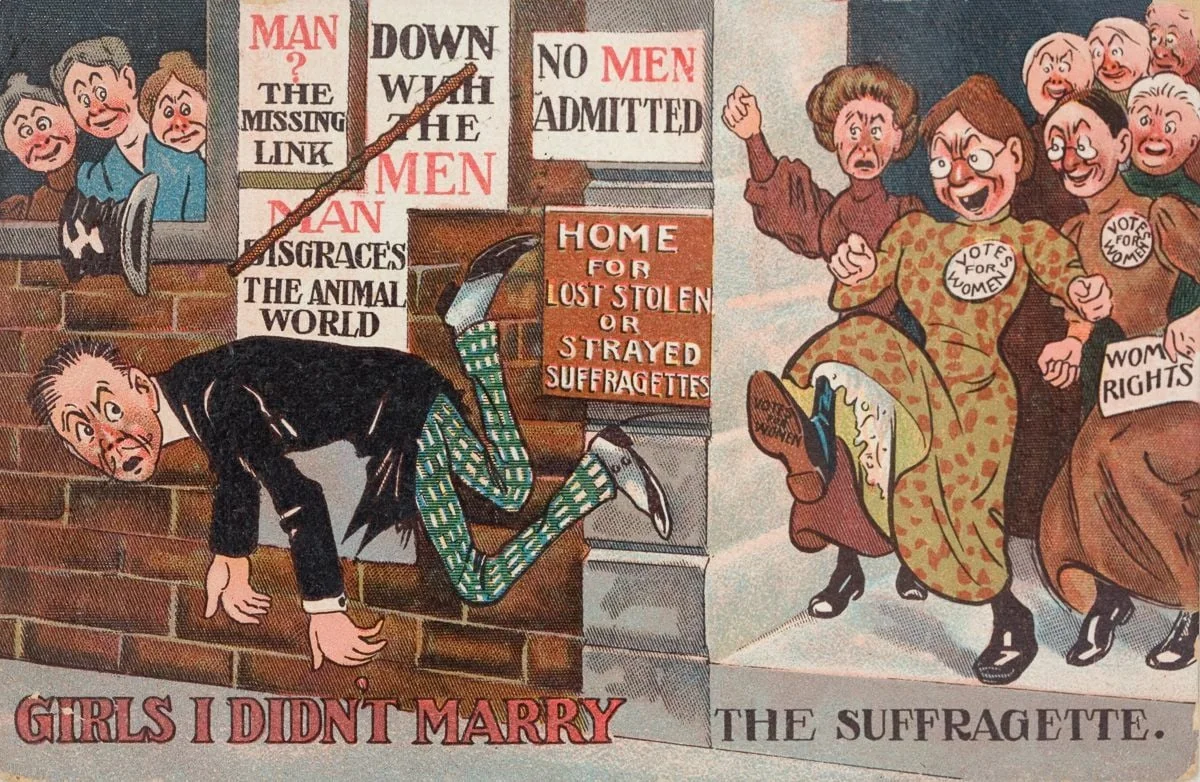



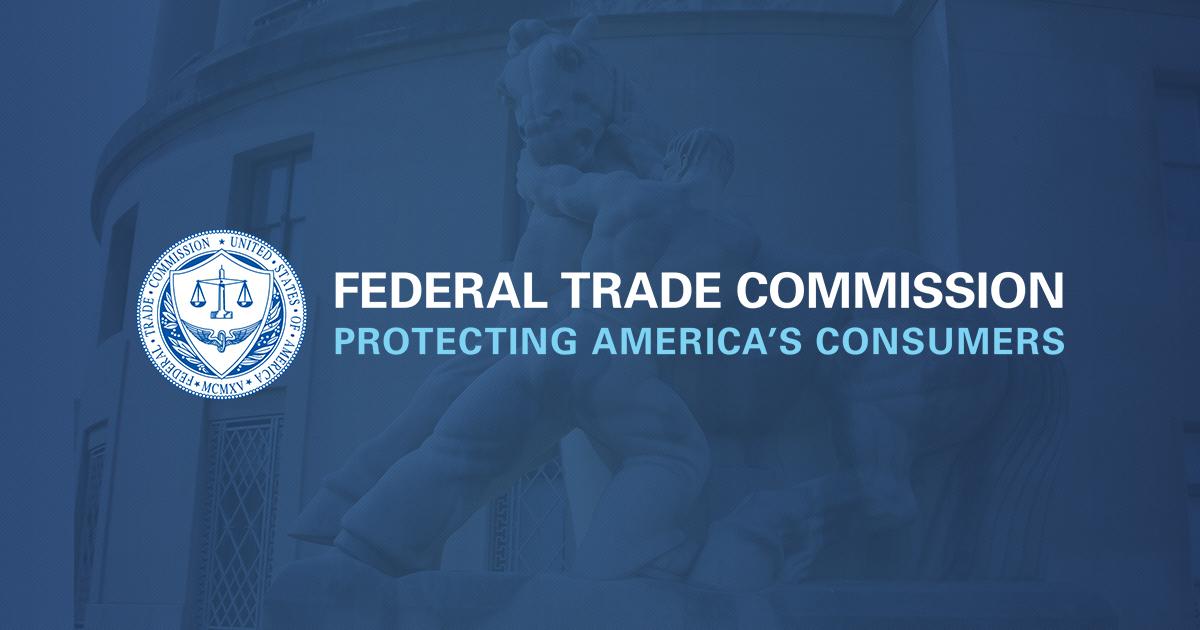
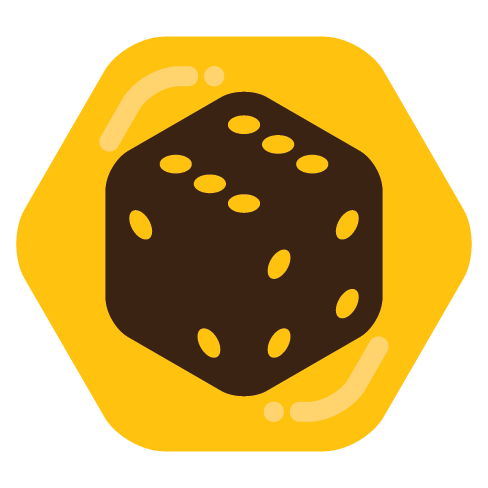


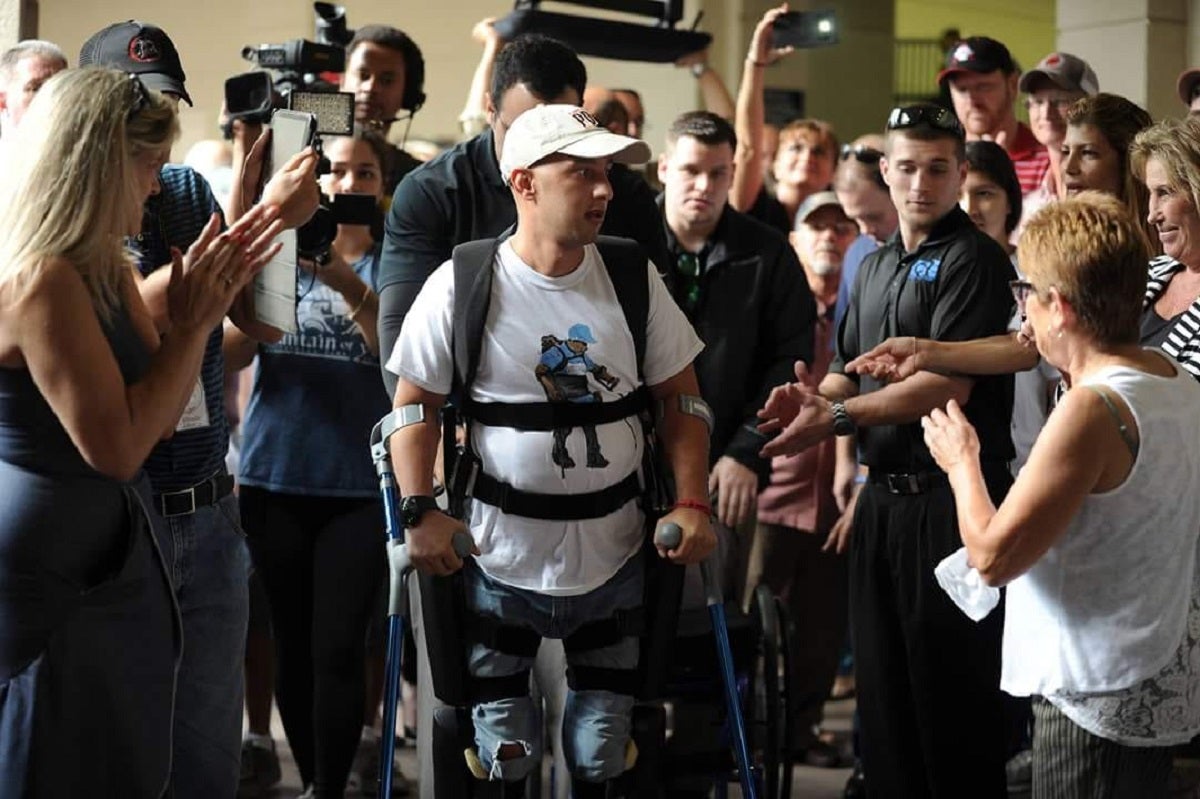

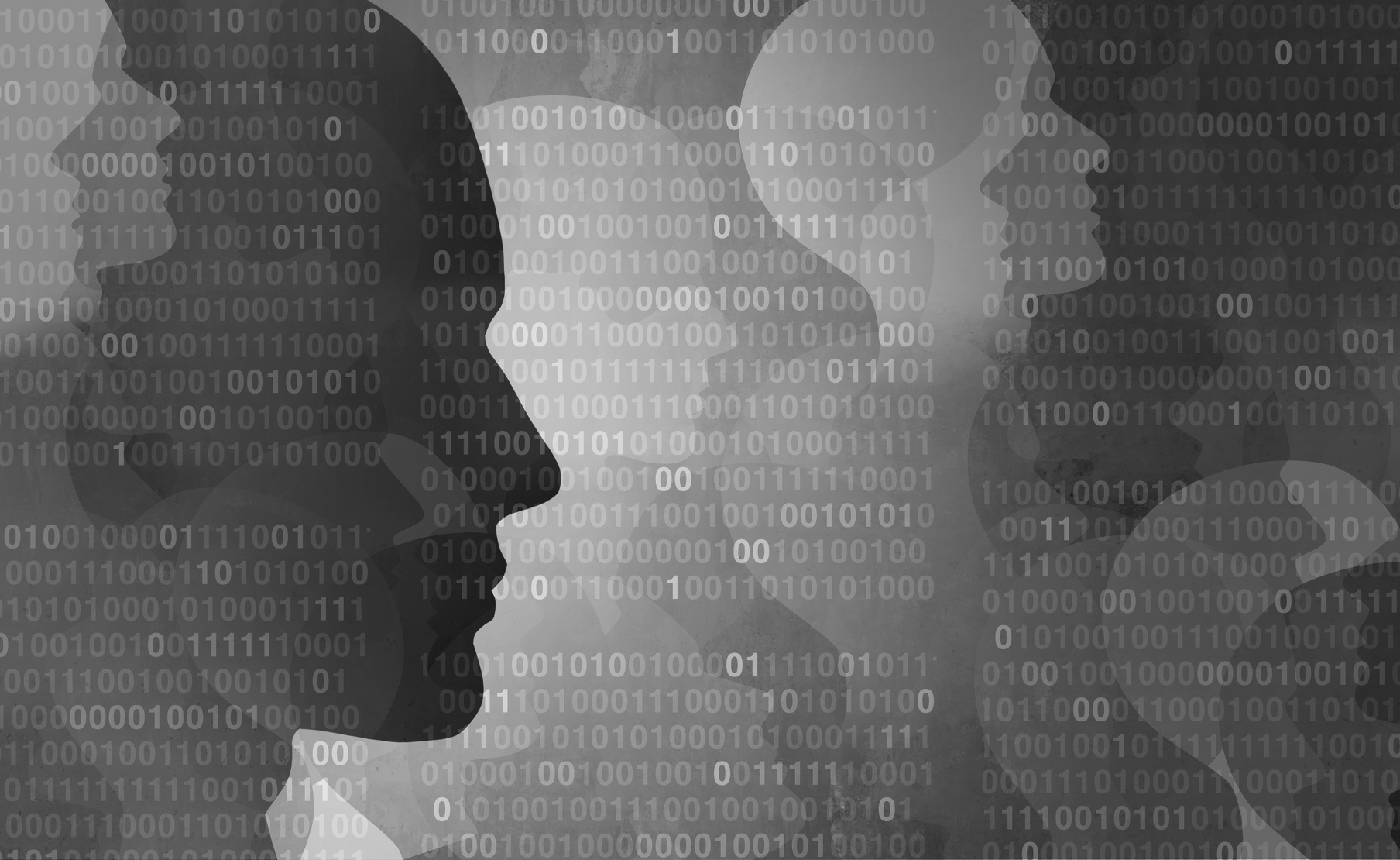
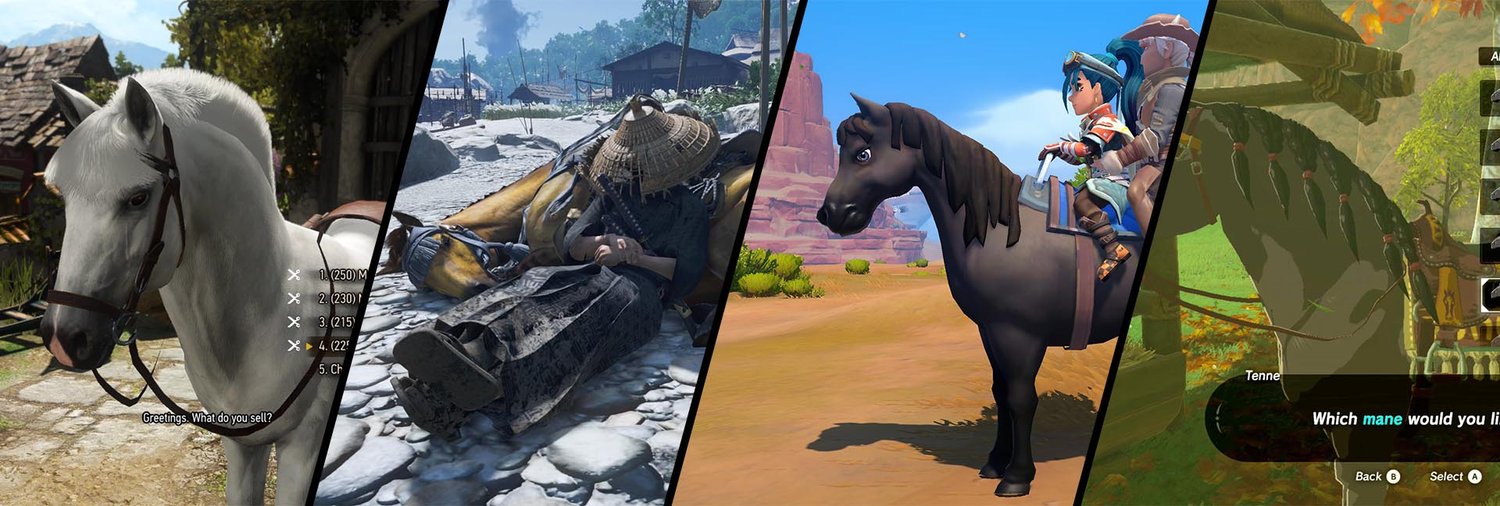
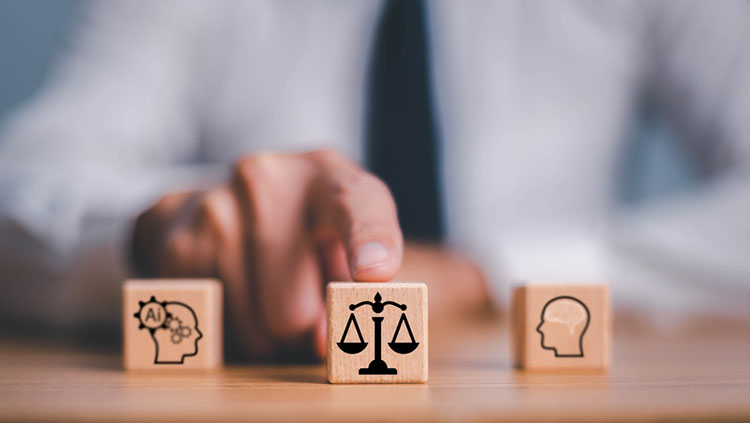
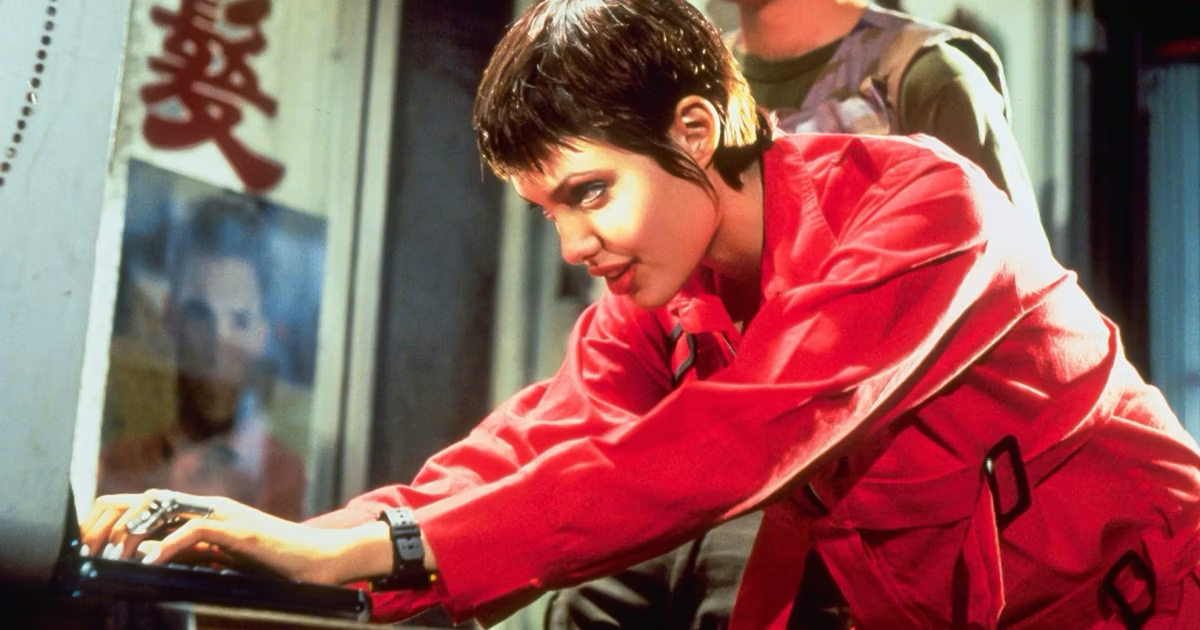

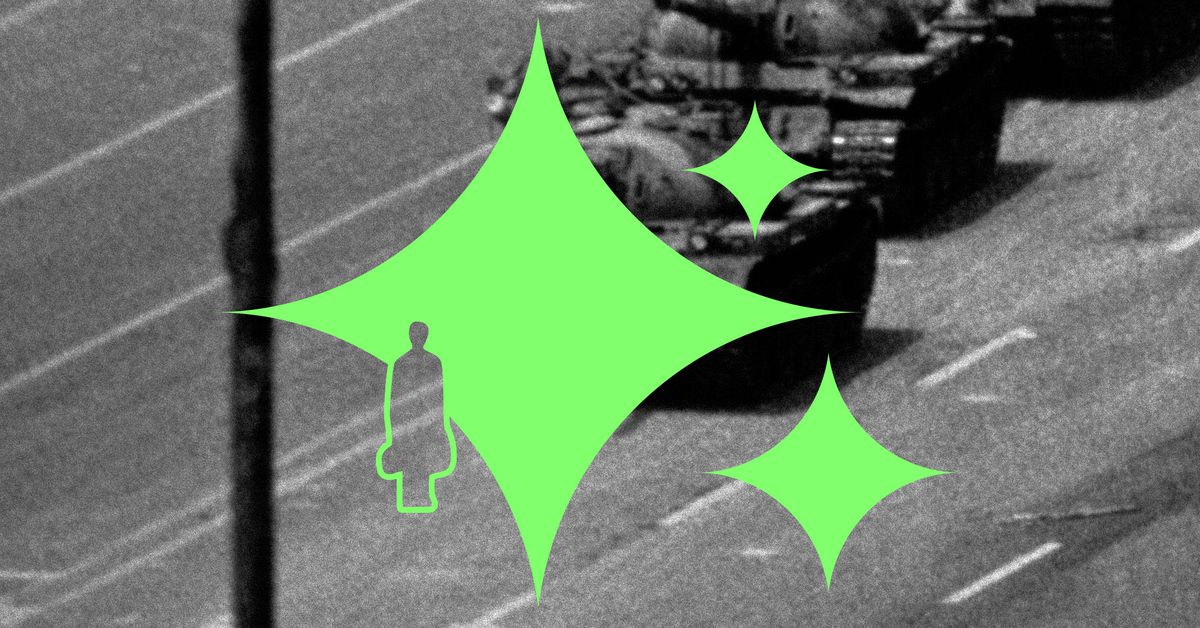
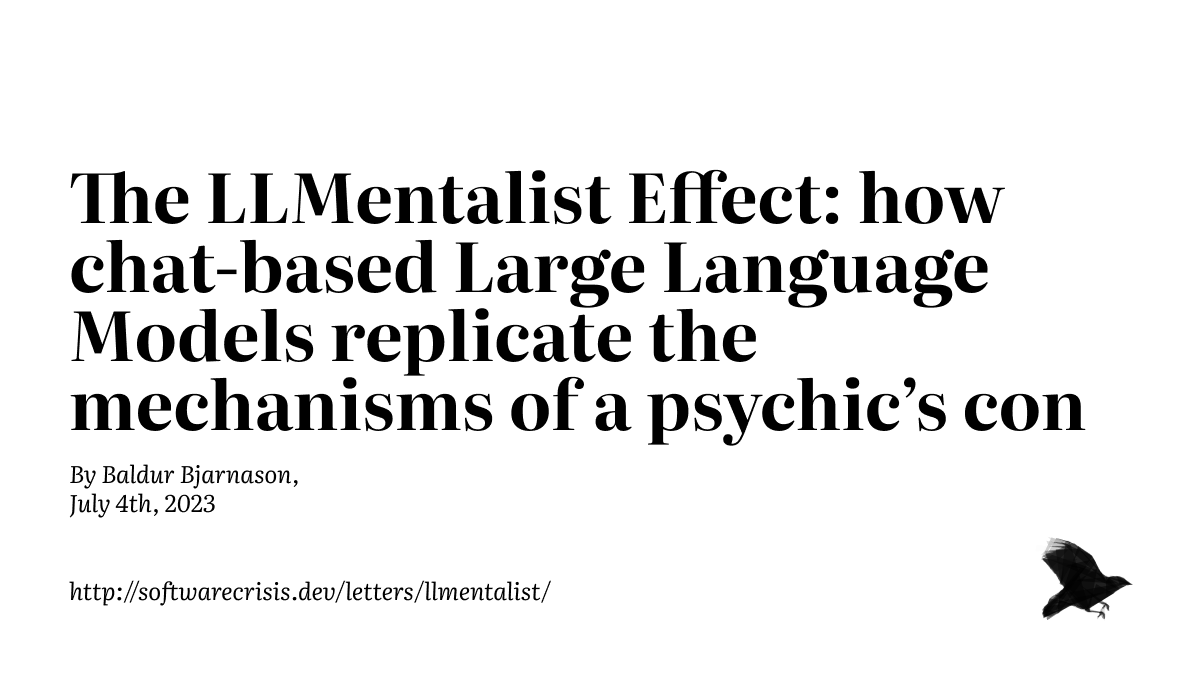


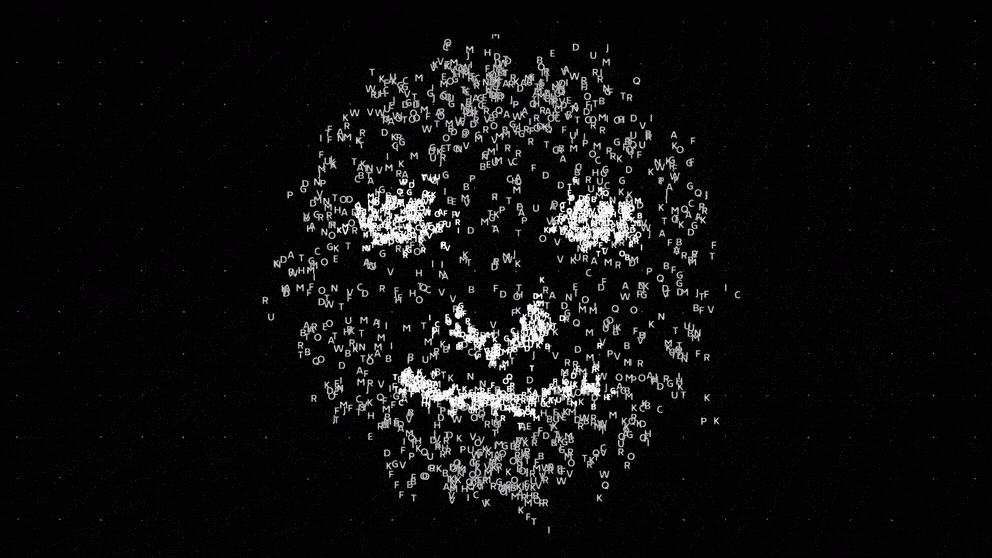
My dude, I told you to chill and take a step back. People were reporting you for being confrontational. I flagged my comment to help you understand that this was me helping you understand how we do things on Beehaw. If you think someone reminding you of the rules, asking you to take a step back, asking you to not be confrontational and doing their best to treat your comment with good faith and providing you educational material is “rude and condescending” or that it is “talking down to others” then you’re probably not a good fit for this instance.
I’m going to time you out from our instance for 7 days. Please take that time to reflect. If you repeatedly show this behavior on our instance, you may find yourself with longer timeouts or even being removed.